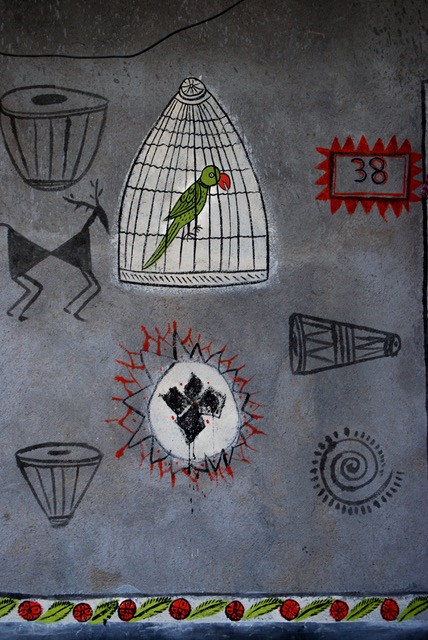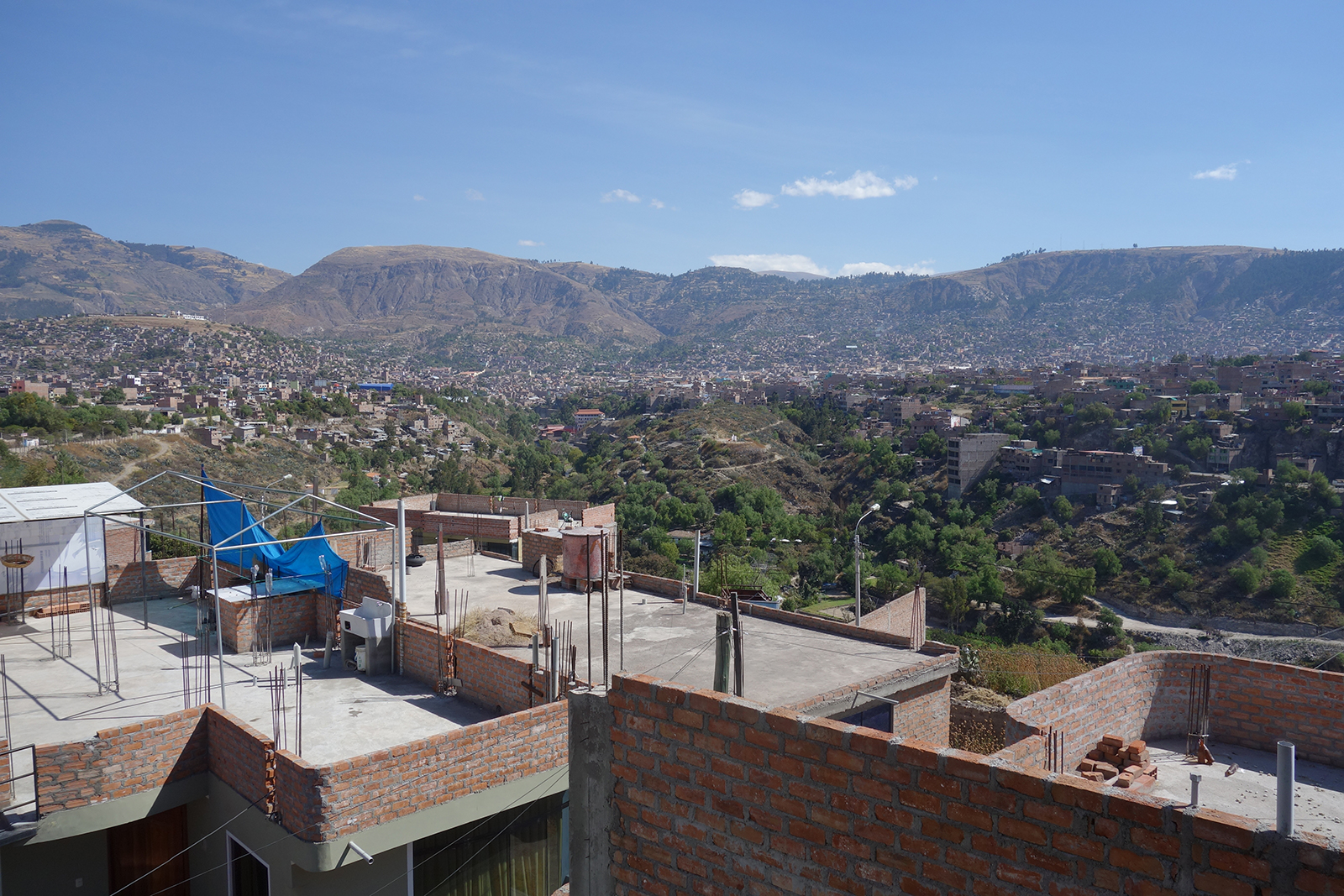Socio-cultural anthropology works at the crossroads of the social sciences and the humanities in order to understand human experience in all of its fullness. The discipline does not restrict itself to a single aspect of human social life, such as the political or the aesthetic. Conversations in our classrooms and seminar rooms attempt to put behavior in the broadest contexts of meaning, power, institutions, and history.
In a time of increasing specialization and fragmentation of knowledge, Anthropology provides an opportunity to look at the big picture and find it in the locally meaningful. In a world of manifold crises, it provides opportunities for applying the knowledge it produces, and in a world of increasingly global connection, the discipline provides many roadmaps.

The Sociocultural Anthropology track is ideal for students interested in focusing on the social and cultural dynamics of contemporary human societies. This track allows students to focus on socio-cultural anthropology theory and ethnography while also gaining a foundation in broader anthropological theory and methods.
- A foundational course in cultural anthropology, to prepare students for future courses within the track:
- Introduction to Cultural Anthropology (ANTH 0100)
One course in archeology or biological anthropology, to provide students a sense of the broad reach of the discipline:
Choose One:
- Human Evolution (ANTH 0310)
- Past Forward: Discovering Anthropological Archeology (ANTH 0500)
- A course in methods commonly used in socio-cultural anthropology research:
- Ethnographic Research Methods (ANTH 1940 or IAPA 1500, if taught by an anthropologist)
At least two 1000-level courses that focus on specific aspects of sociocultural methods or theories, or in a particular region.

City of Ayacucho, Peru, 2015. Photo by Jessaca Leinaweaver. Appropriate courses offered in recent years include:
- Anthropology of China (ANTH 1111)
- Middle East in Anthropological Perspective (ANTH 1150)
- Religion and Culture (ANTH 1240)
- Bioethics and Culture (ANTH 1242)
- Anthropology of Disasters (ANTH 1255)
- Anthropology of Addiction and Recovery (ANTH 1300)
- Anthropology of Homelessness (ANTH 1301)
- Global Health (ANTH 1310)
- Stratified Reproduction (ANTH 1312)
- Anthropology and International Development (ANTH 1320)
- Anthropology of Mental Health (ANTH 1515)
- Ethnography and Social Critique (ANTH 1848)
- An additional three anthropology courses of the student’s choosing. At least one of the electives will need to be at the 1000-level to meet the general requirements of the concentration.
- Senior Seminar, (Re)Making Anthropology (ANTH 1990) normally taken in senior year, is designed to provide students a firm understanding of what defines the discipline of anthropology, as grounded through a look at anthropology’s past, present, and future.